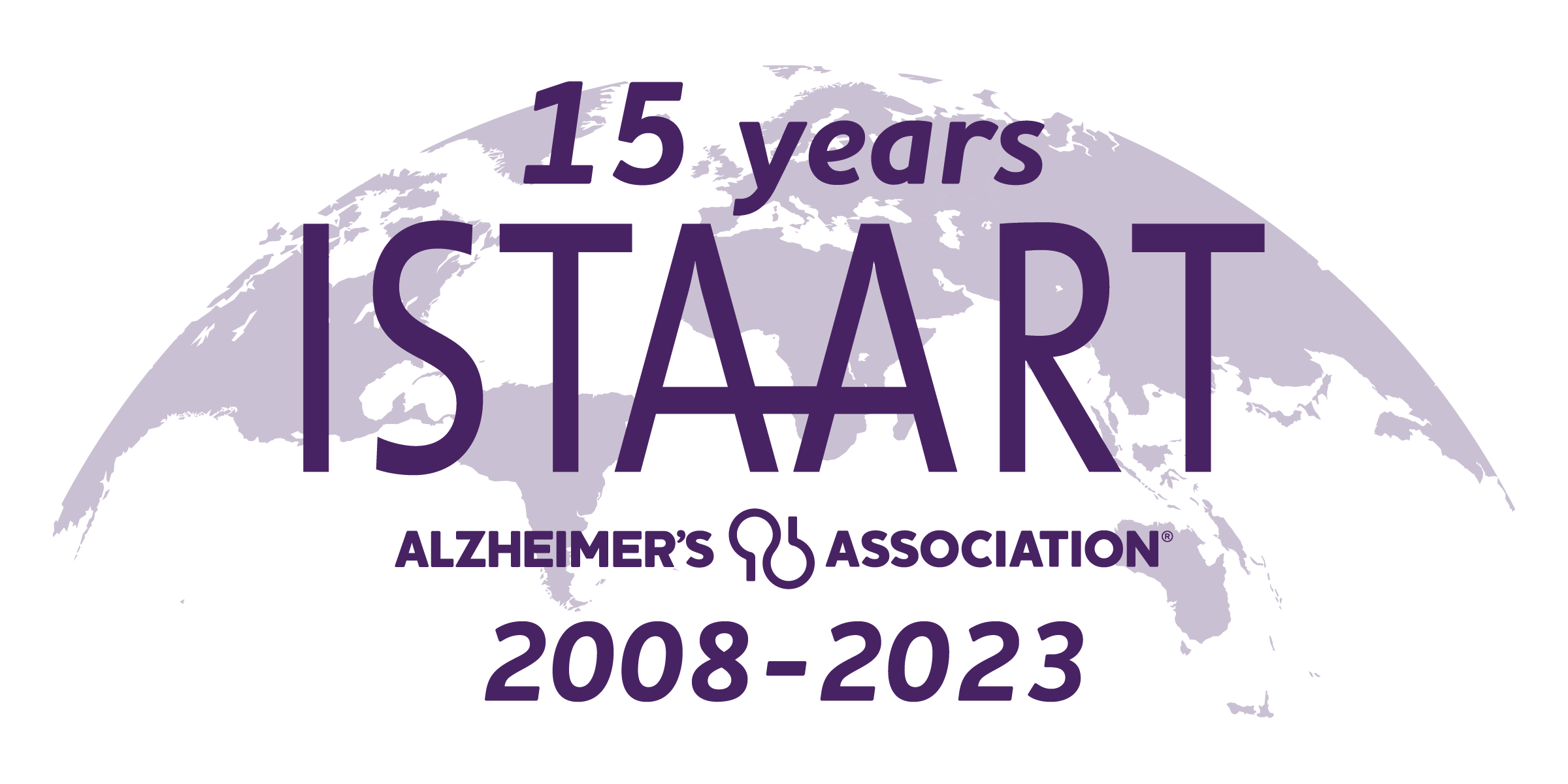About
This PIA was established in 2012.
Executive Committee
Chair: Arlene Astell
Vice Chair: Sarah Tomaszewski Farias
Communications Chair: Nancy Brown
General Member: Stephanie Aghamoosa
General Member: Monica Yassuda
Immediate Past Chair: Benjamin Hampstead
(Next election cycle: March 2026)
LinkedIn
Twitter
#NonPharmPIA
Overview
A biopsychosocial framework of age-related cognitive decline and dementia emphasizes that overall functioning cannot be solely explained by underlying brain pathology. There is evidence that certain barriers to activity and participation can be removed through effective non-pharmacological interventions, and that the experience of the person, including of persons with dementia and their families, can be improved through appropriate management of personal, social and environmental factors. Indeed, psychosocial, lifestyle and environmental factors may impact on a person’s risk of developing cognitive decline dementia, and interventions in these areas may contribute to primary and secondary prevention or risk reduction. Members of the non-pharmacological interventions PIA are scientists and practitioners interested in identifying parameters associated with effective design and delivery of non-drug interventions to maximize relevant positive outcomes for people with dementia and prevent or delay the onset of dementia for those at risk of developing dementia.
Some specific objectives of the NPI PIA include:
- Working towards a shared understanding of what non-pharmacological interventions are and how to conceptualize them in a theoretically meaningful way.
- How to better identify and articulate active mechanisms and relevant targets of NPIs
- Identifying and measuring the most relevant outcomes in studies of NPIs
- Improving the design, implementation, evaluation, and reporting of trials of NPIs
Members are invited to take an active role in the activities of the PIA, to join the discussions or nominate for a role on the executive committee, and to form working parties with other members within and across the PIAs to tackle important issues related to the objectives listed above.


.png)